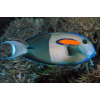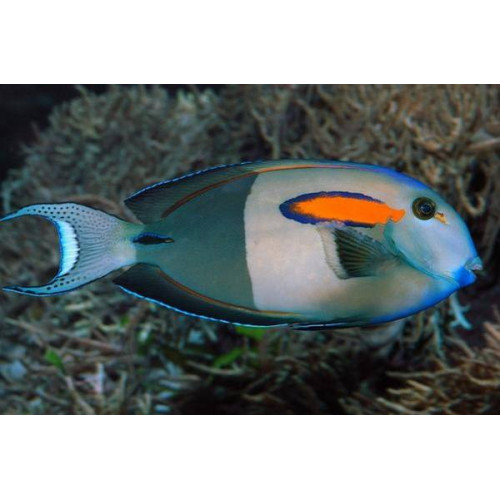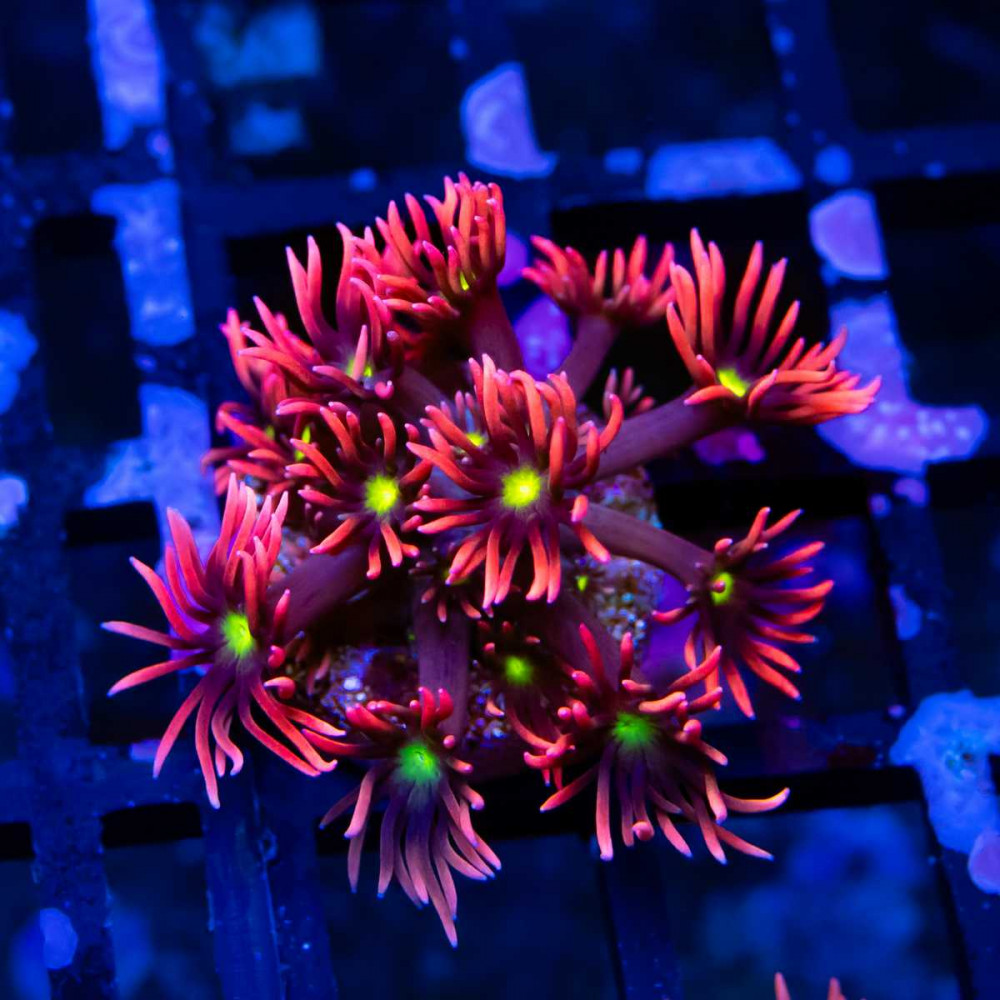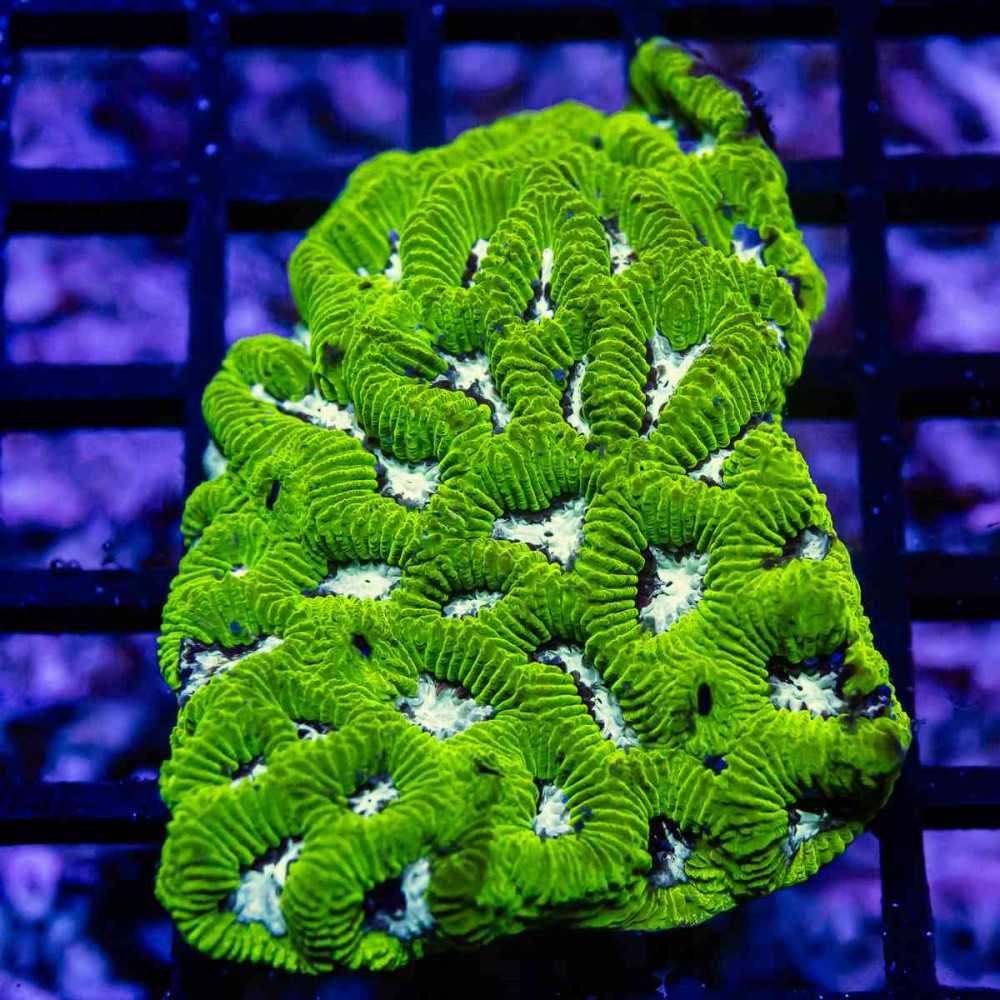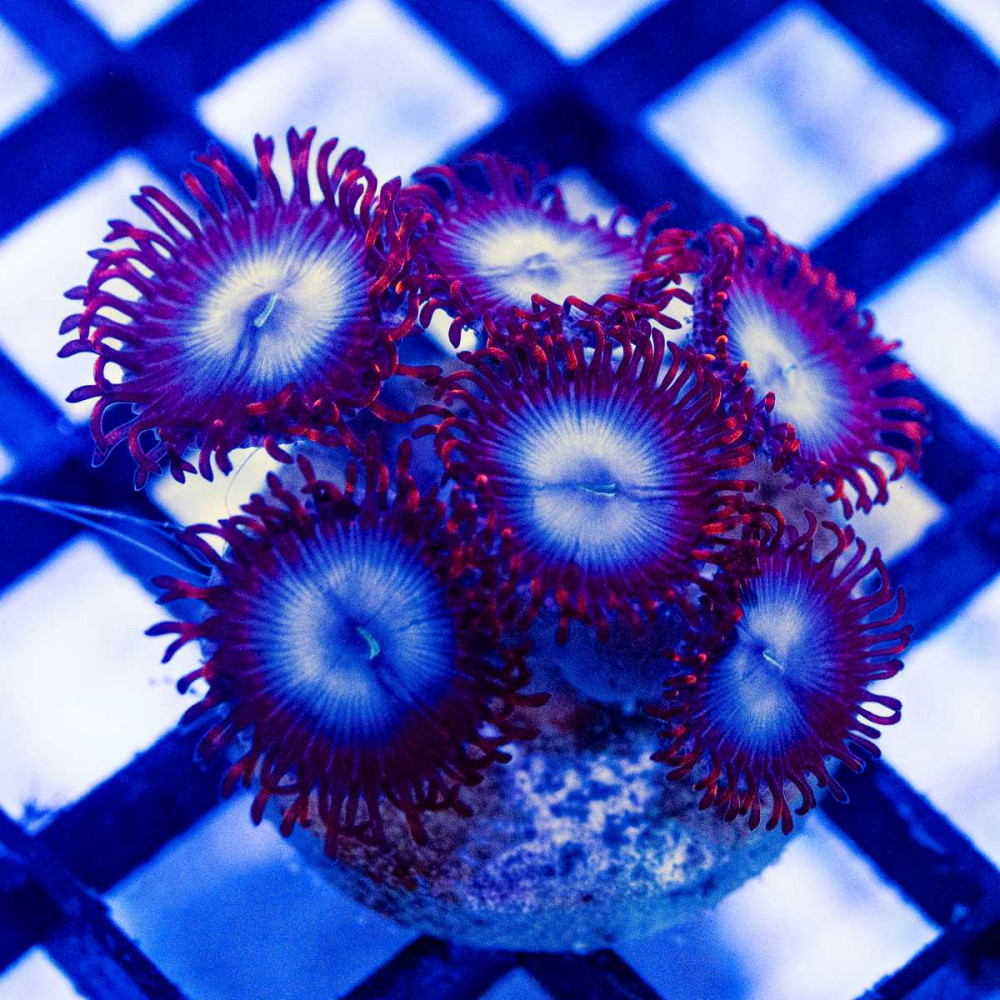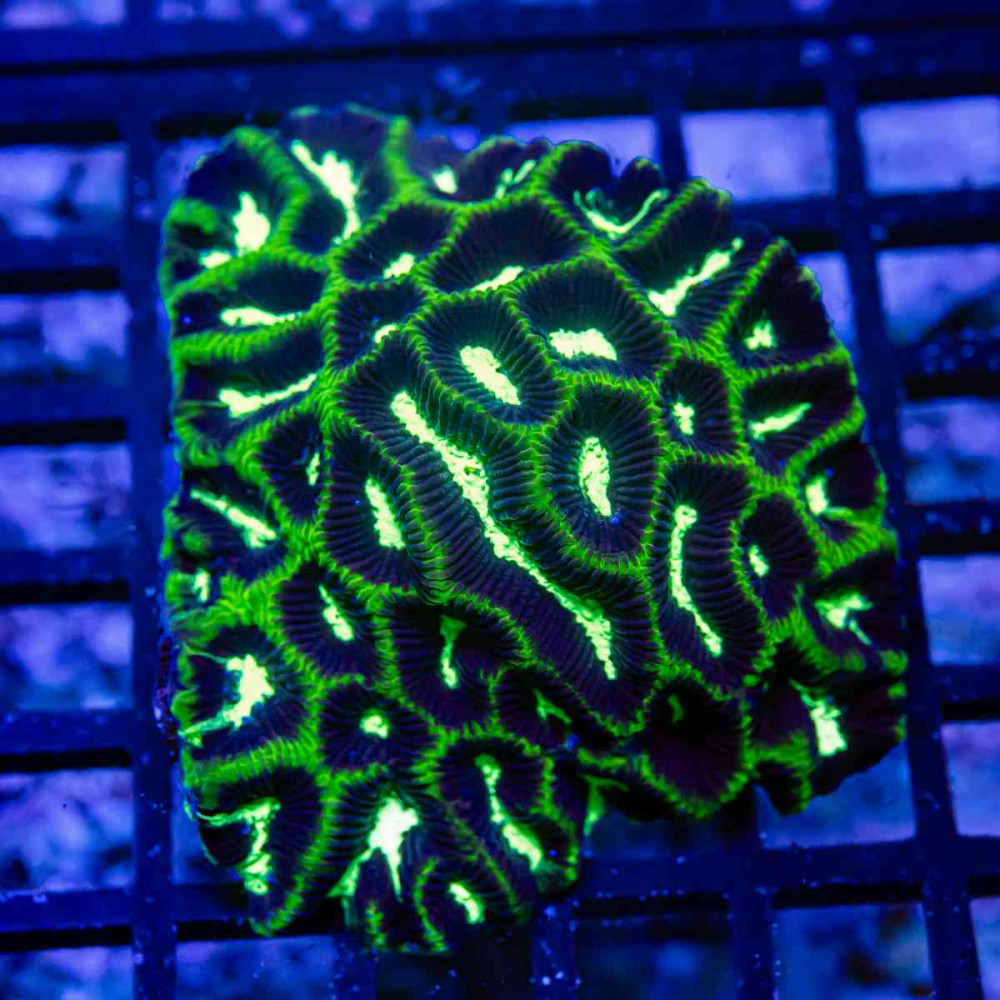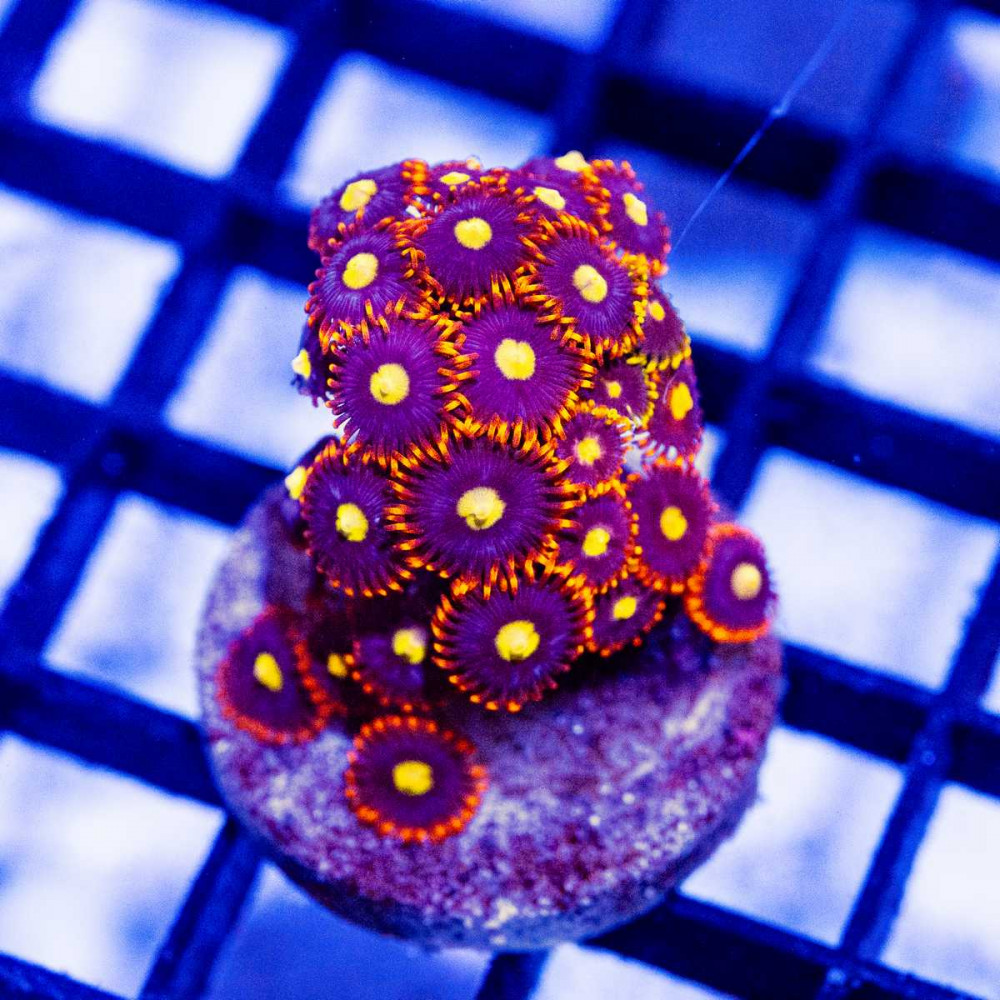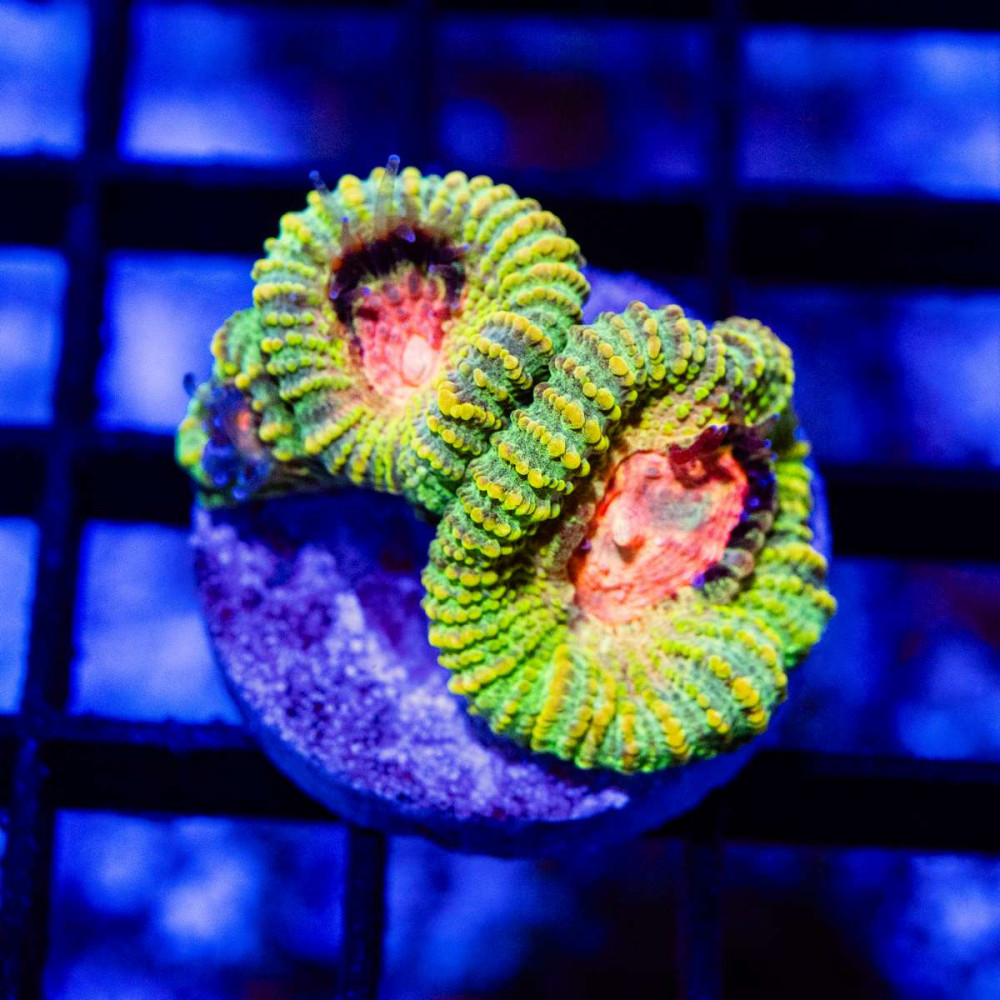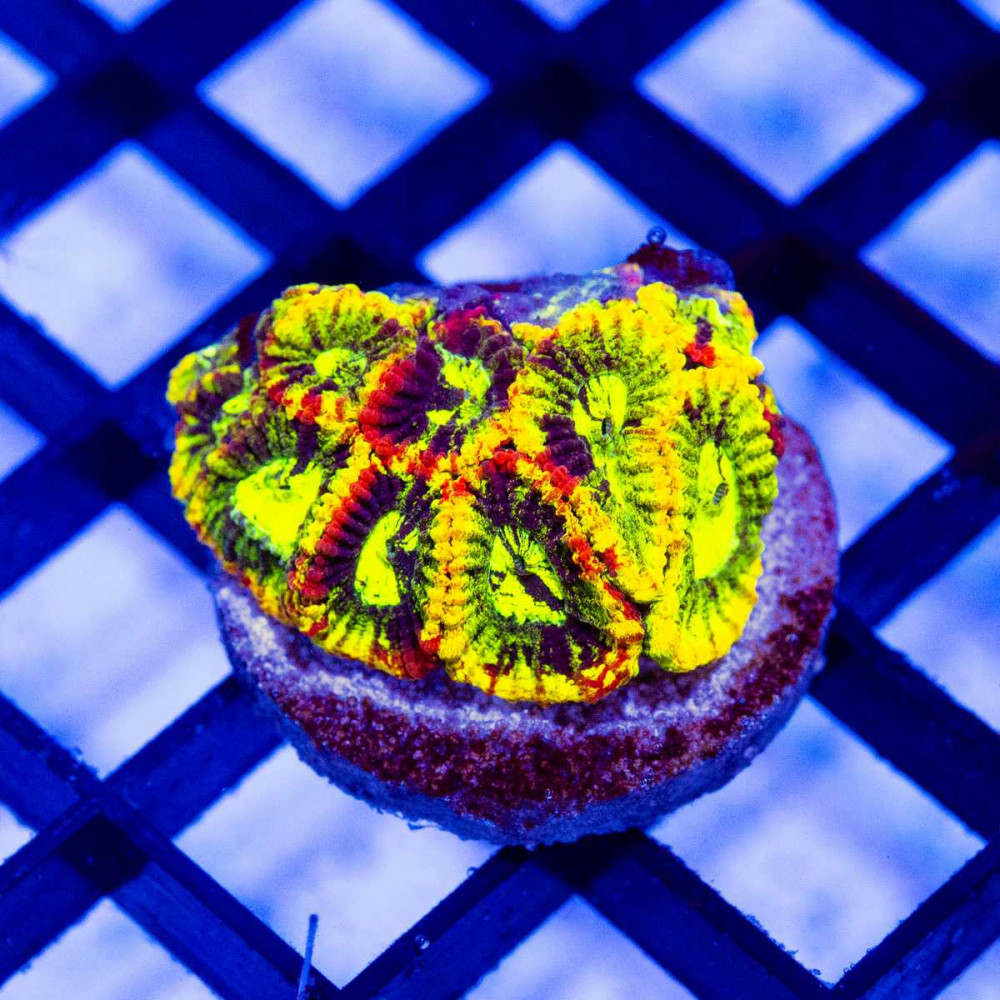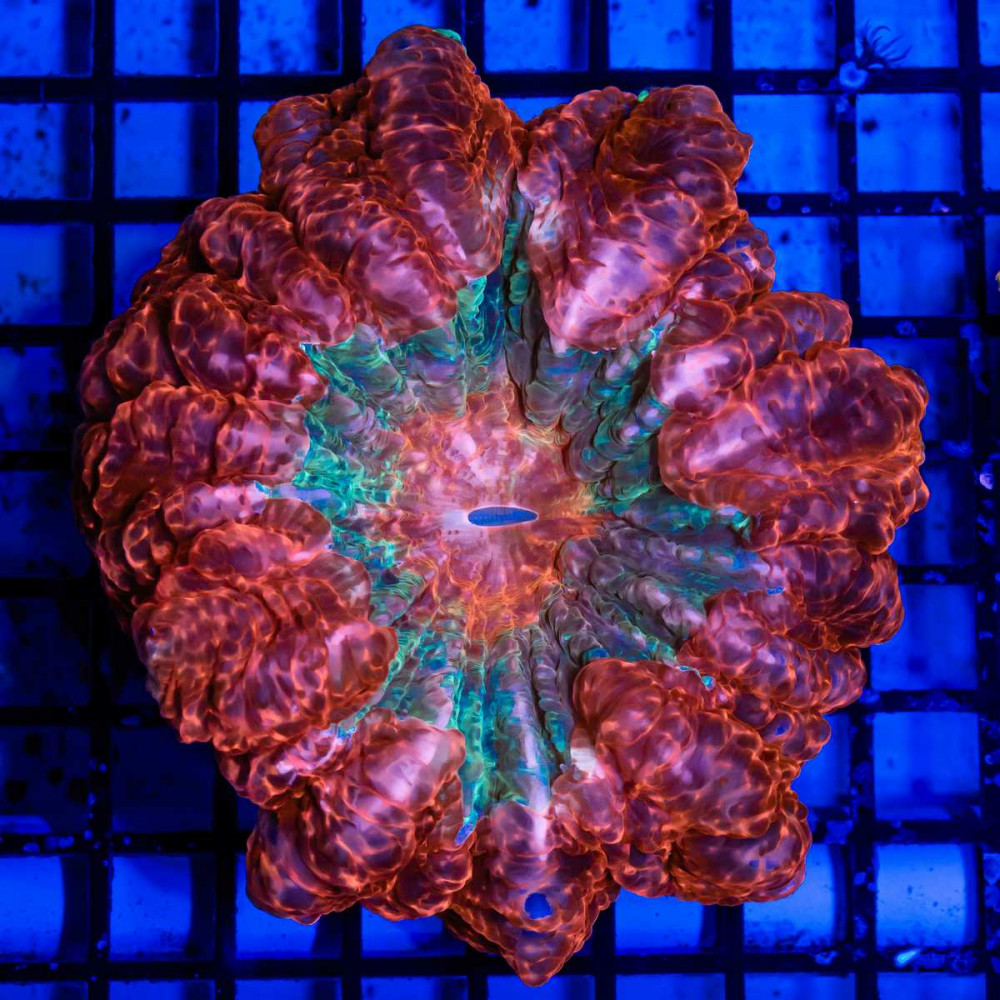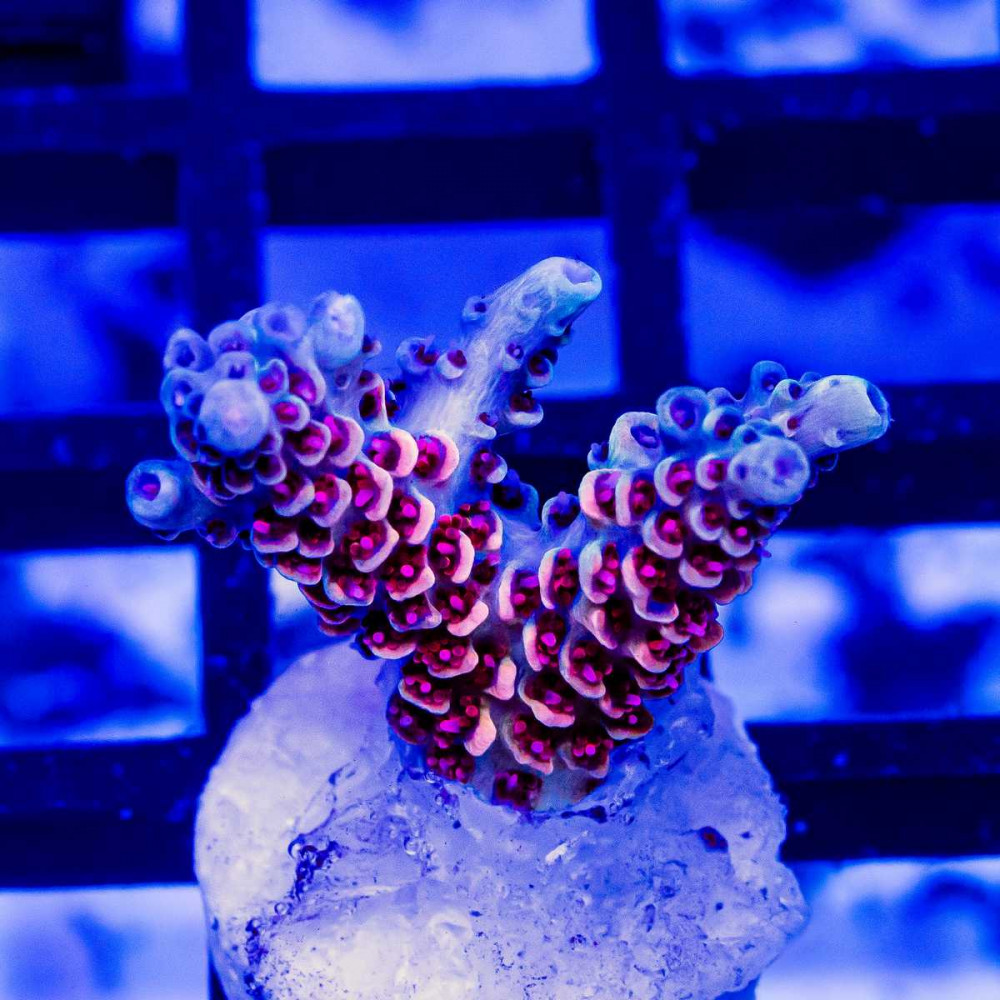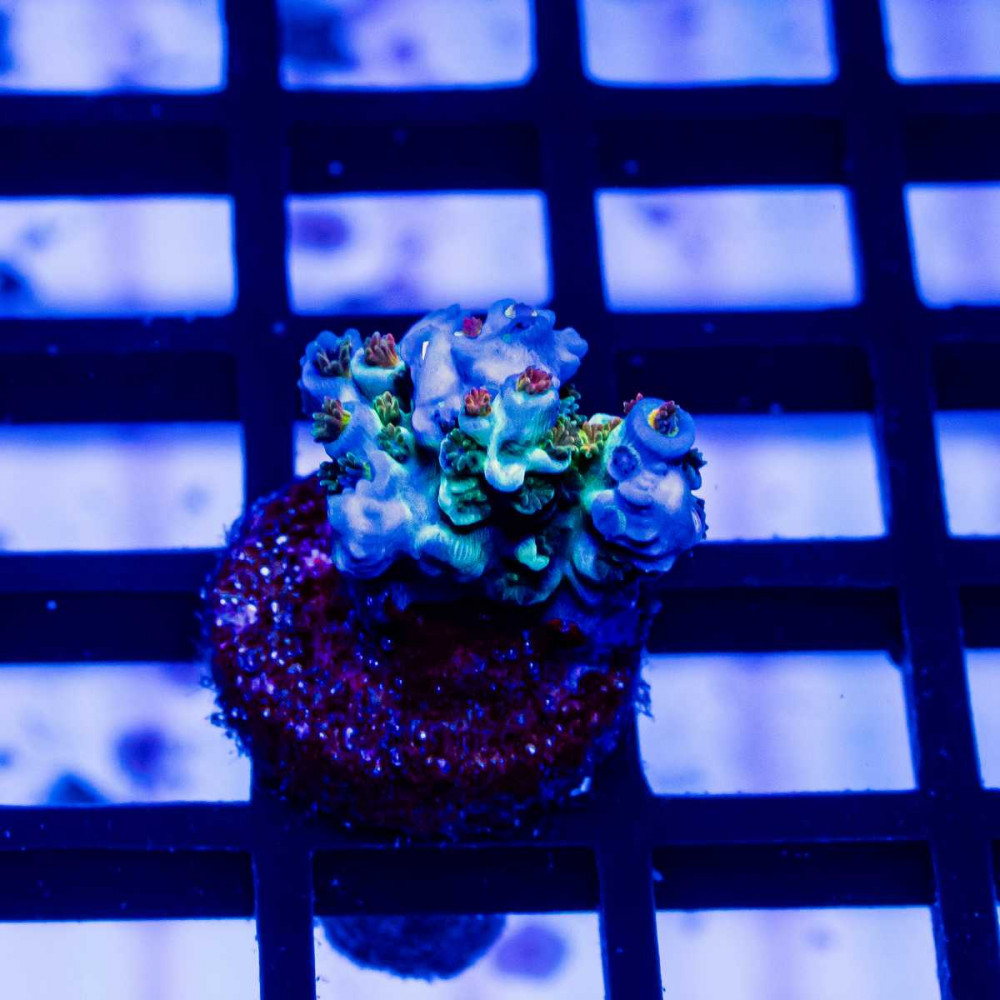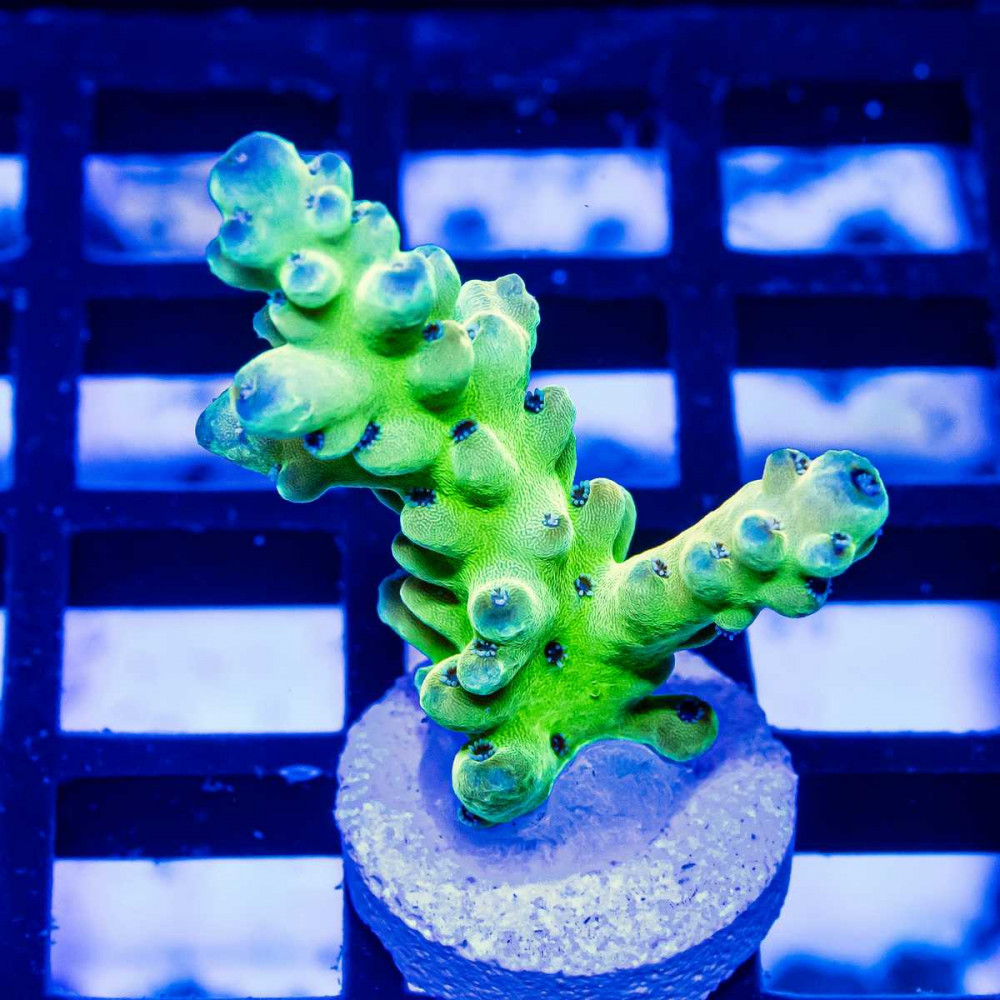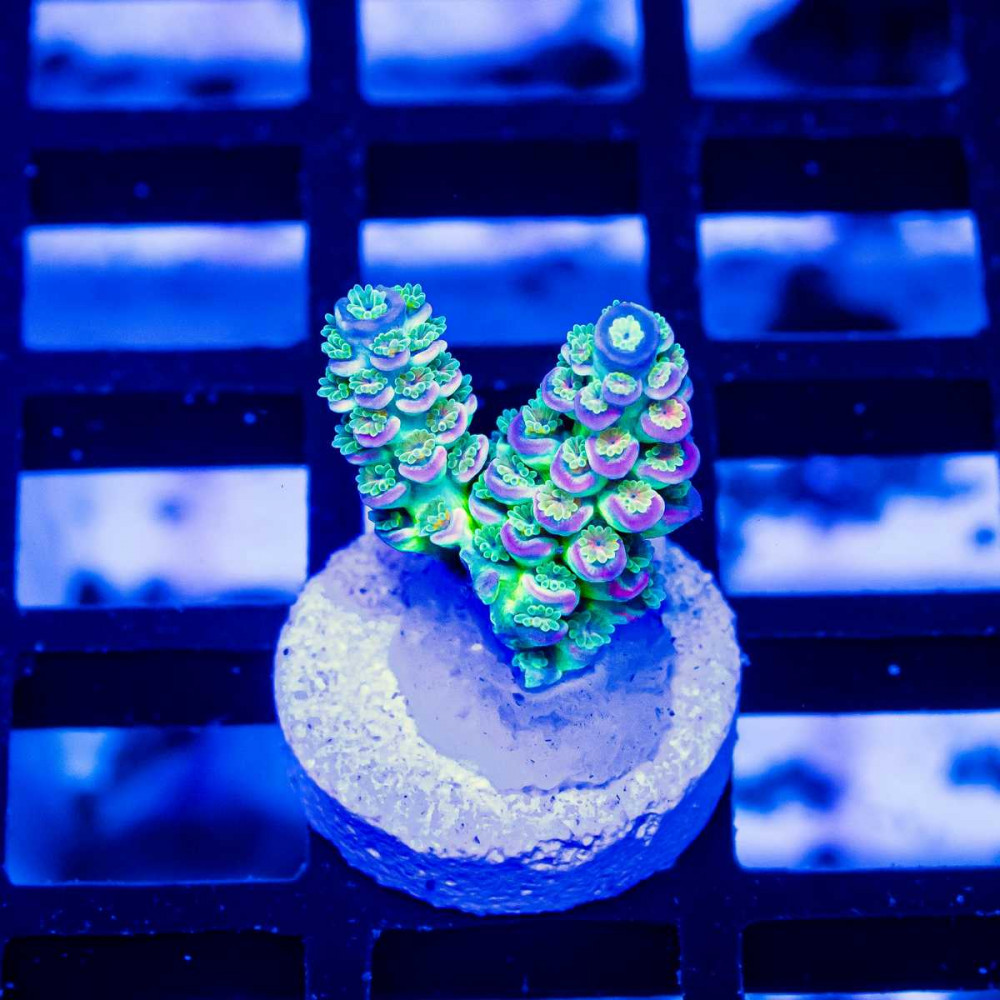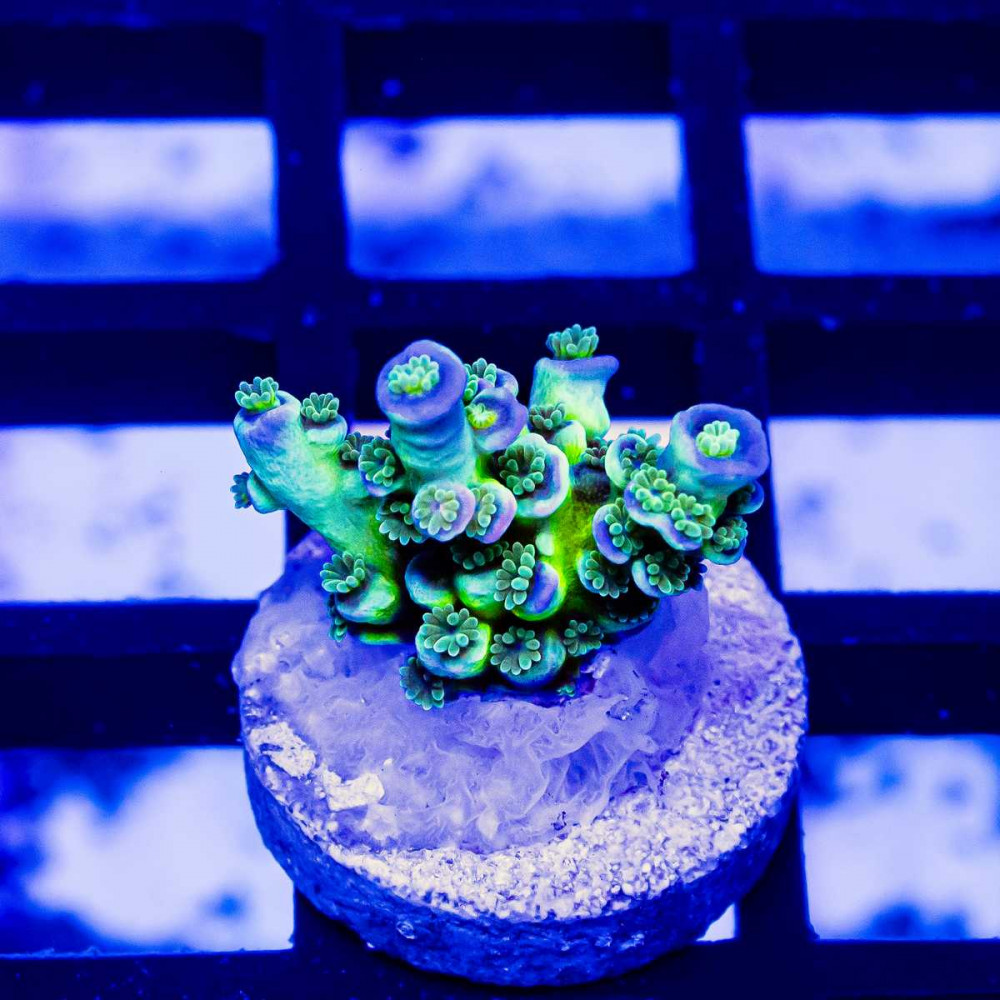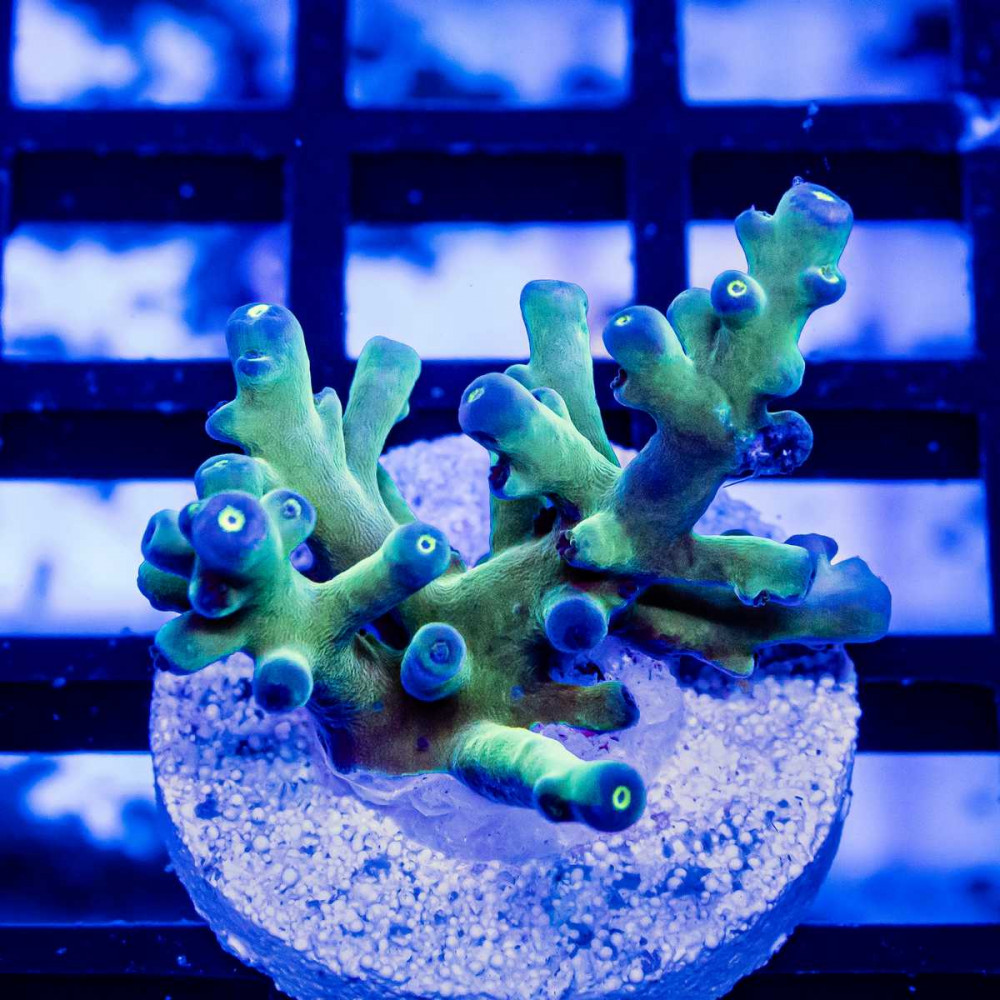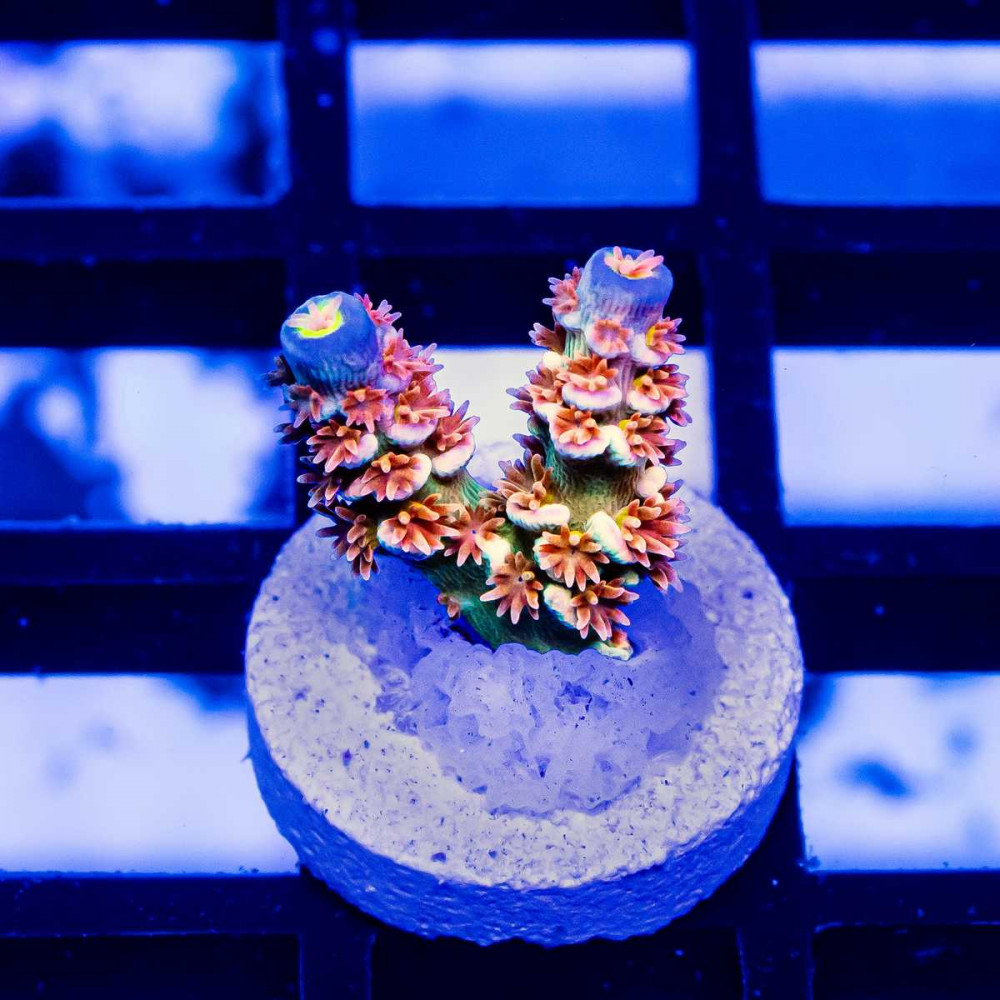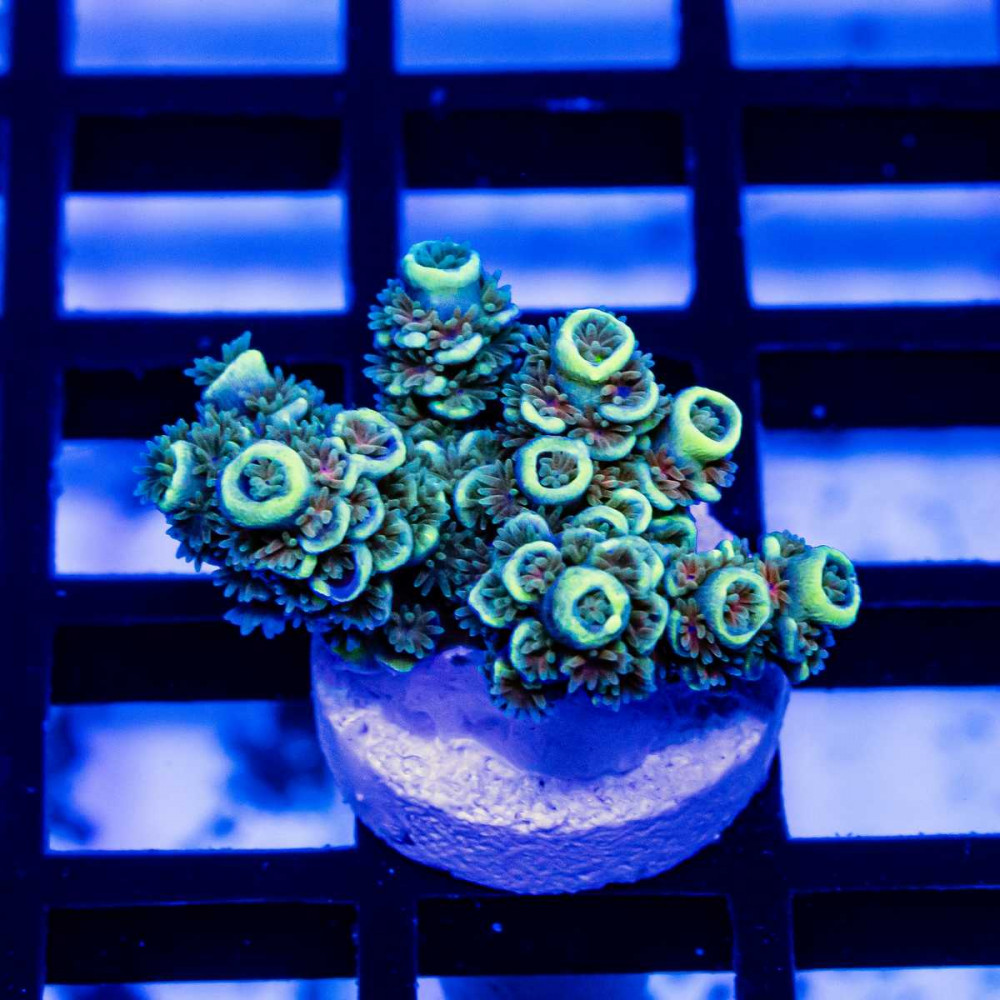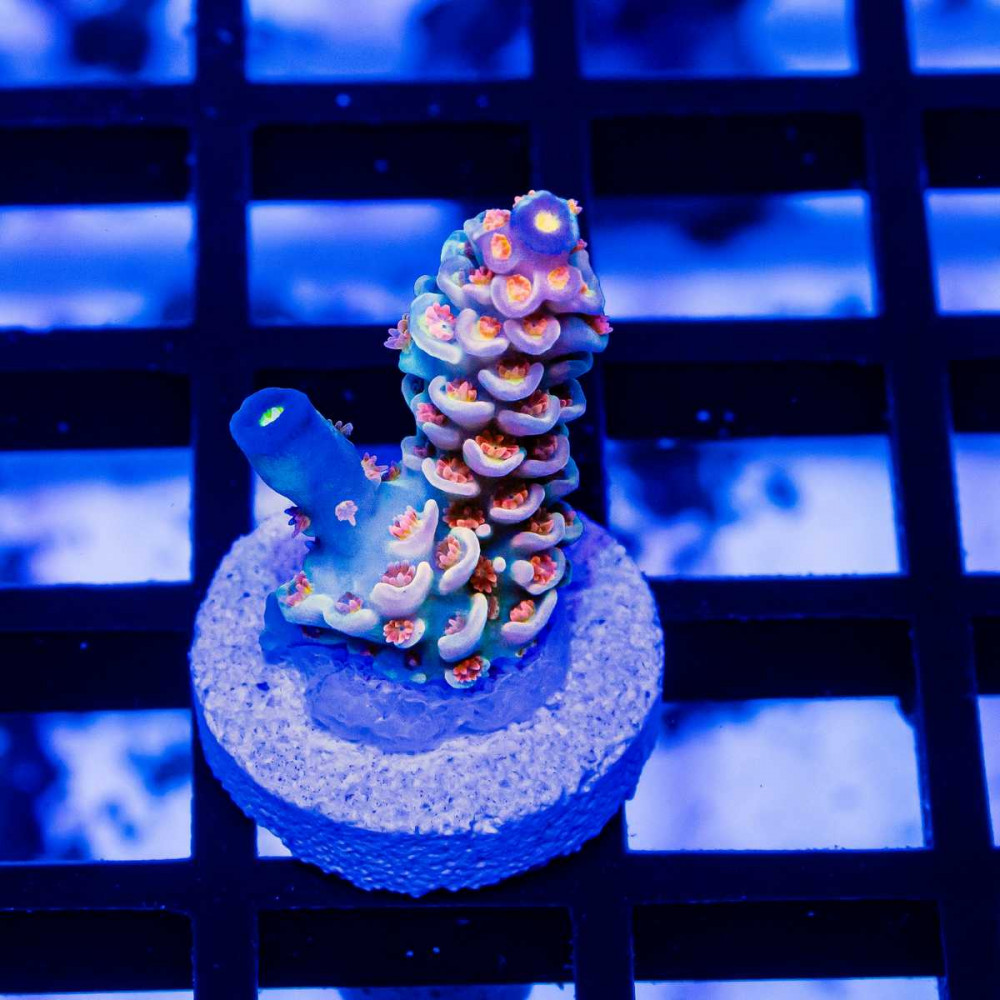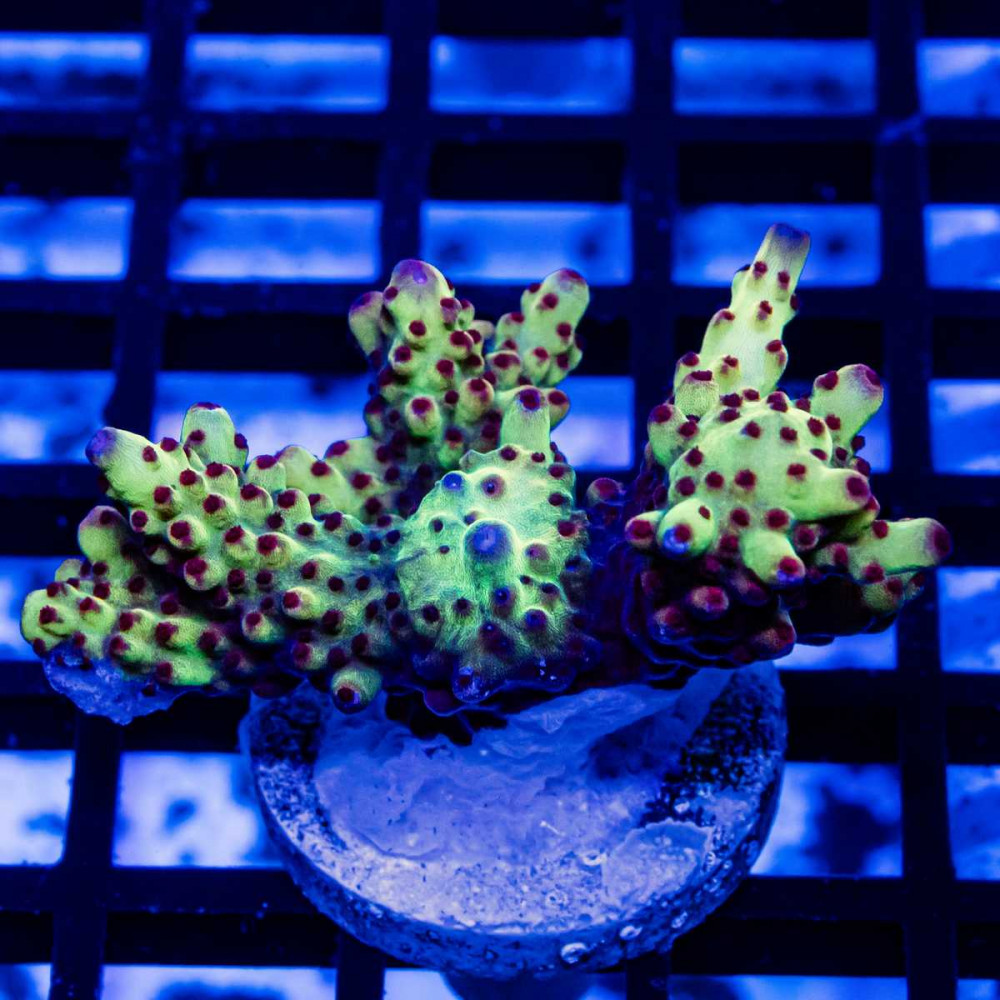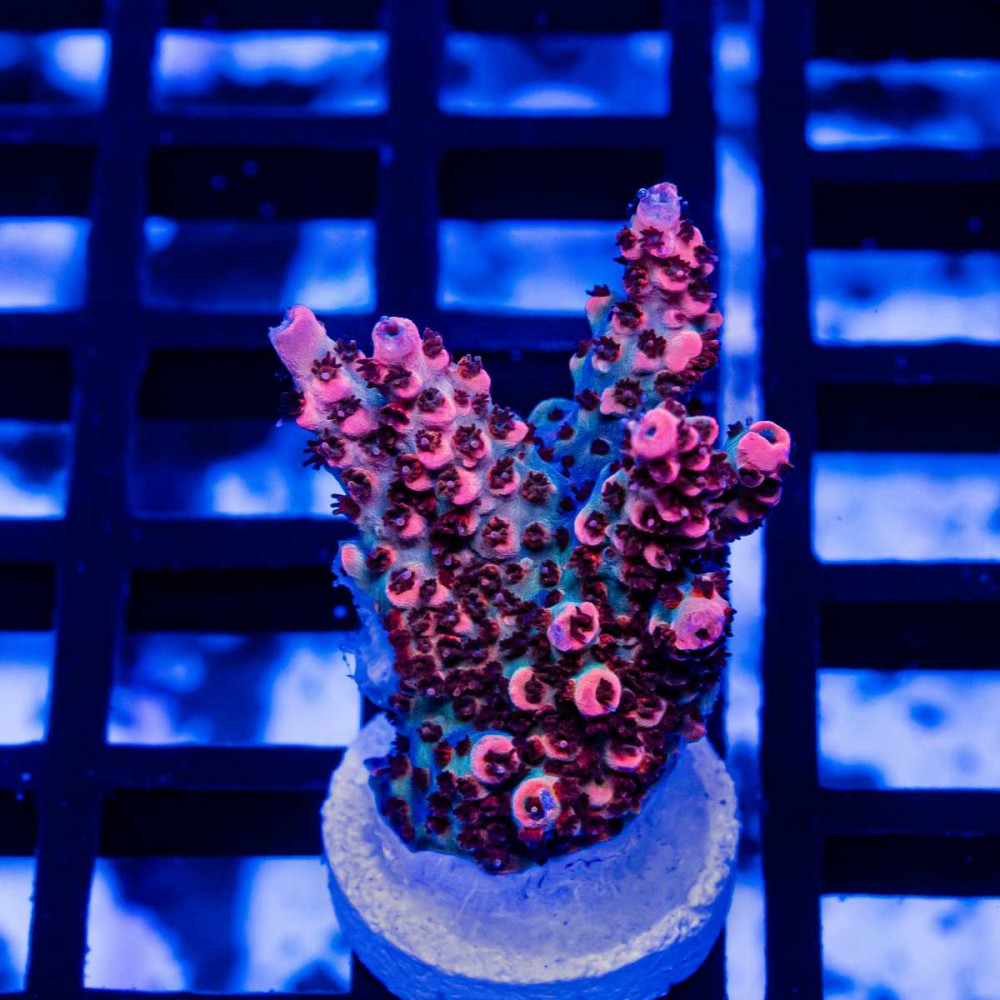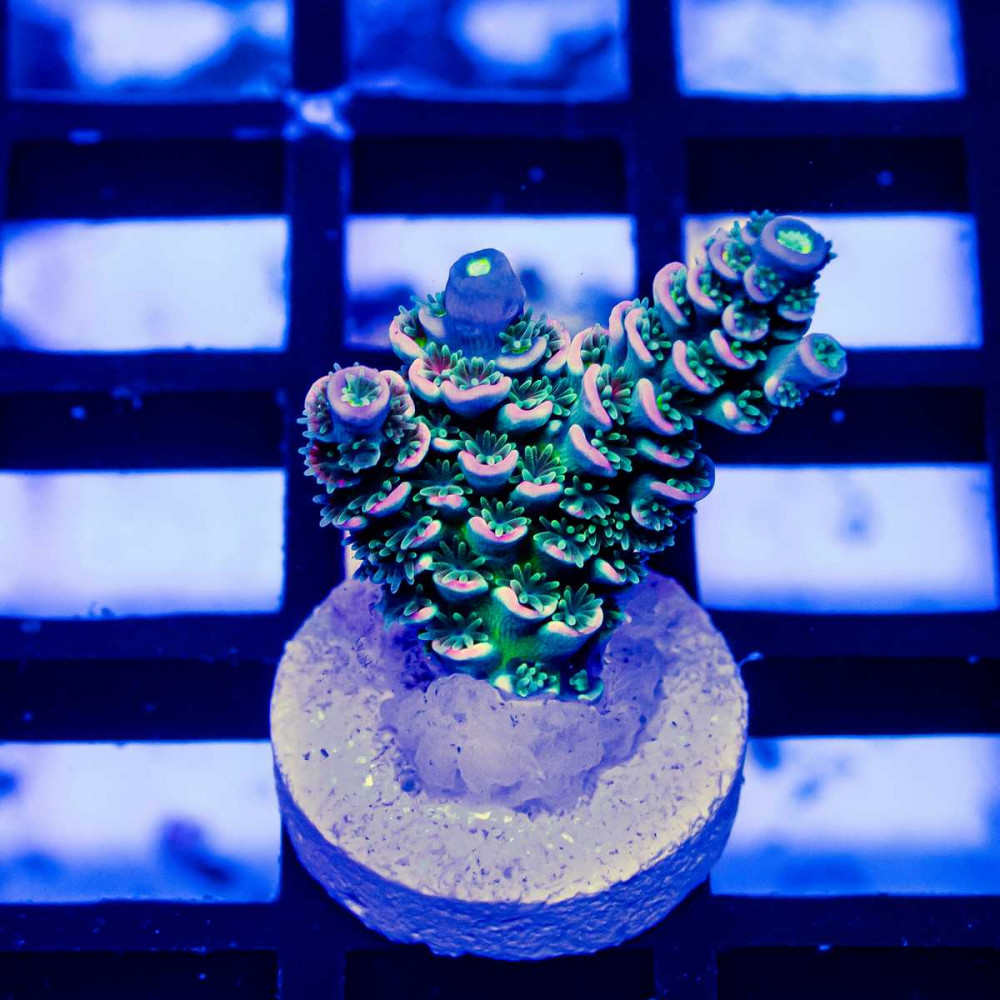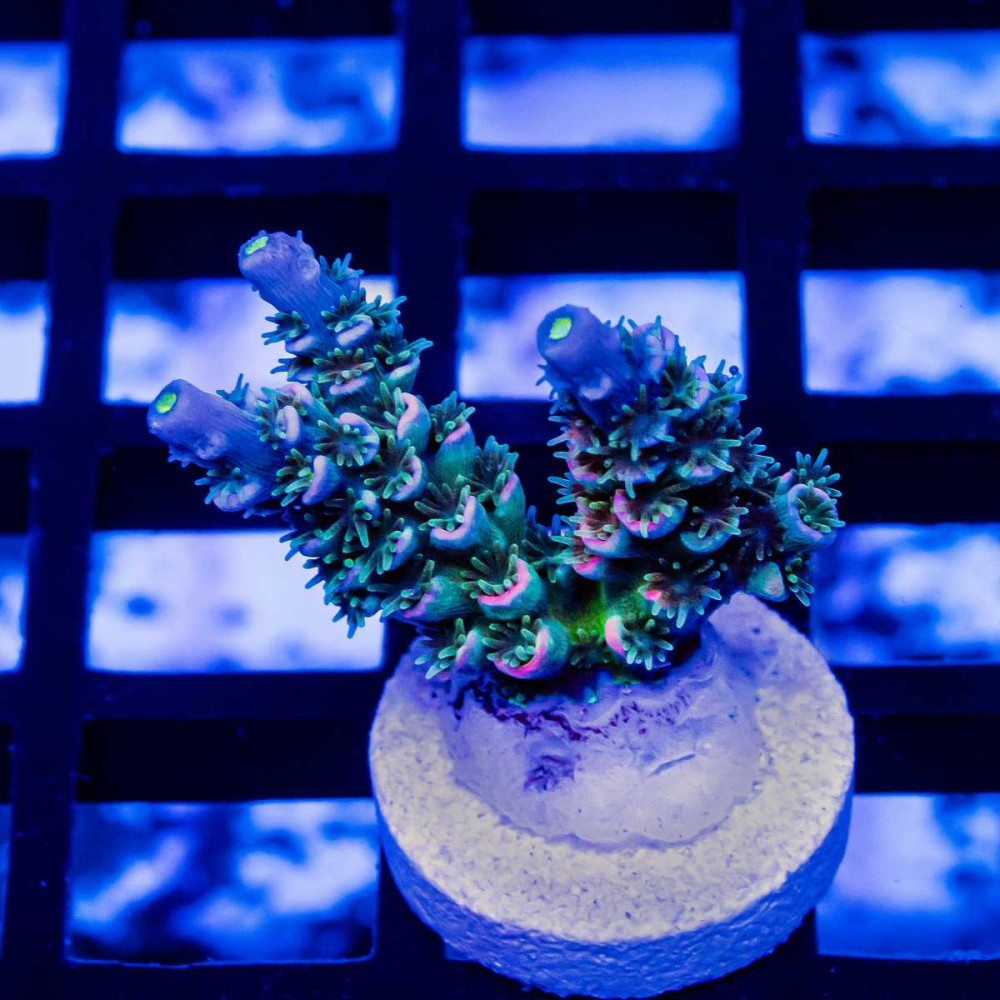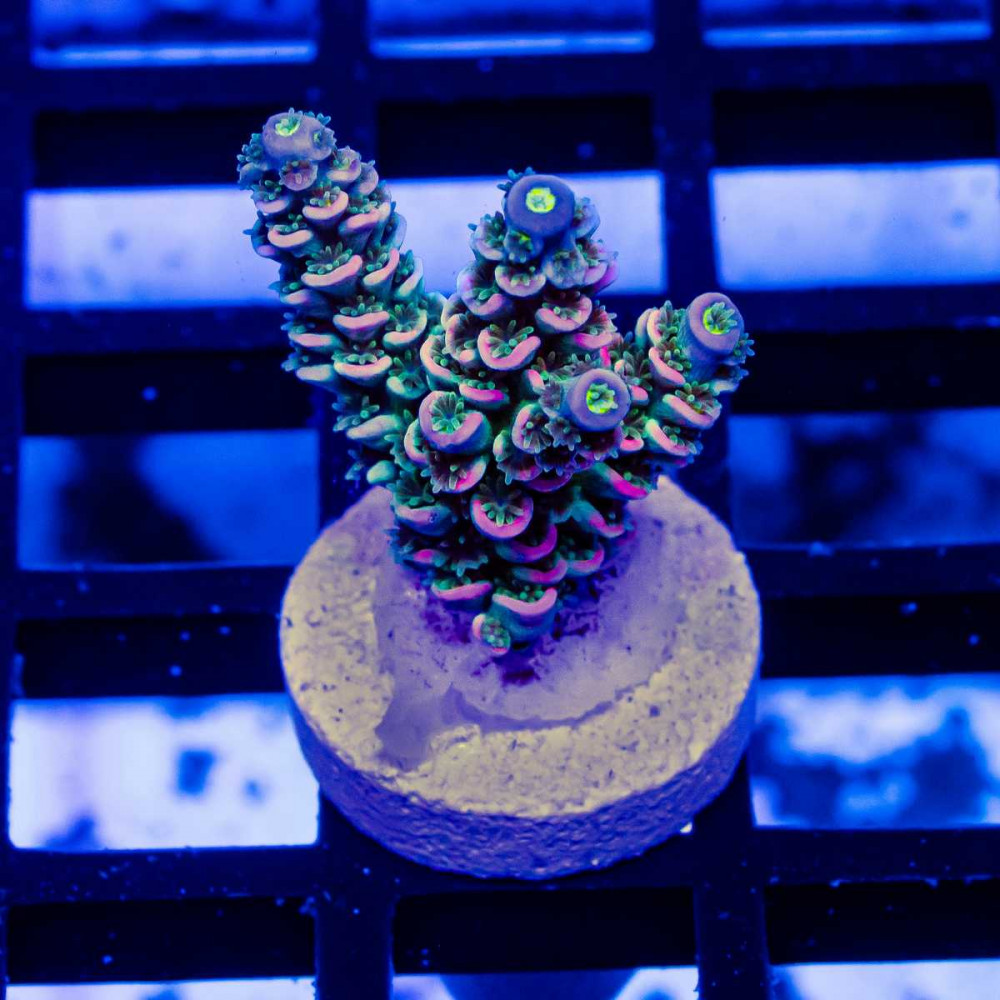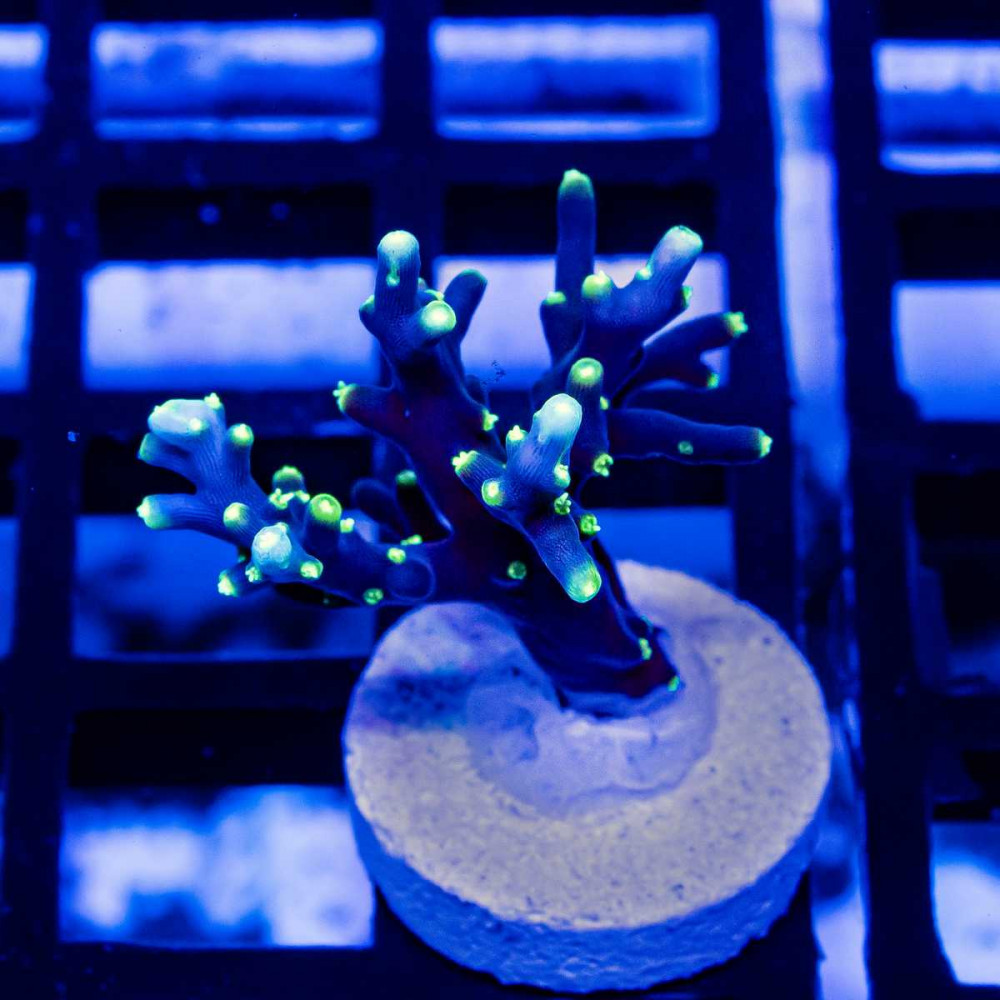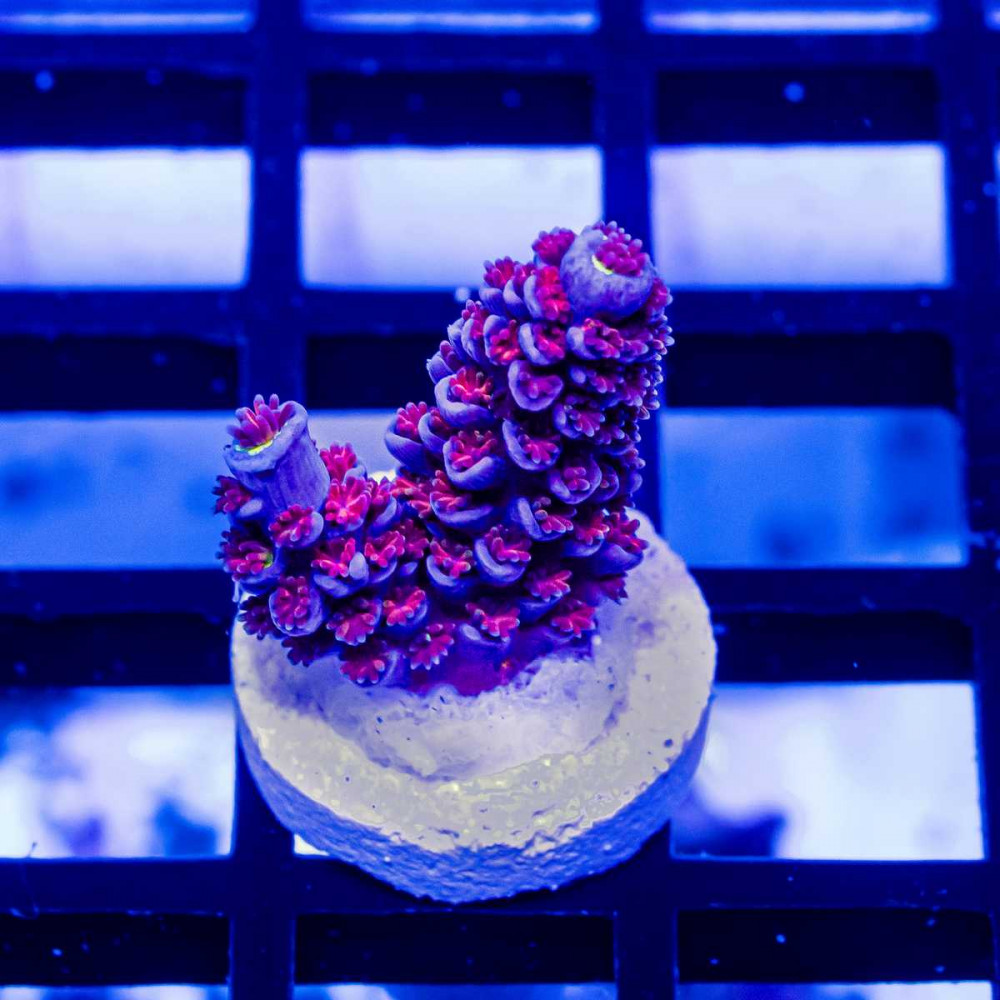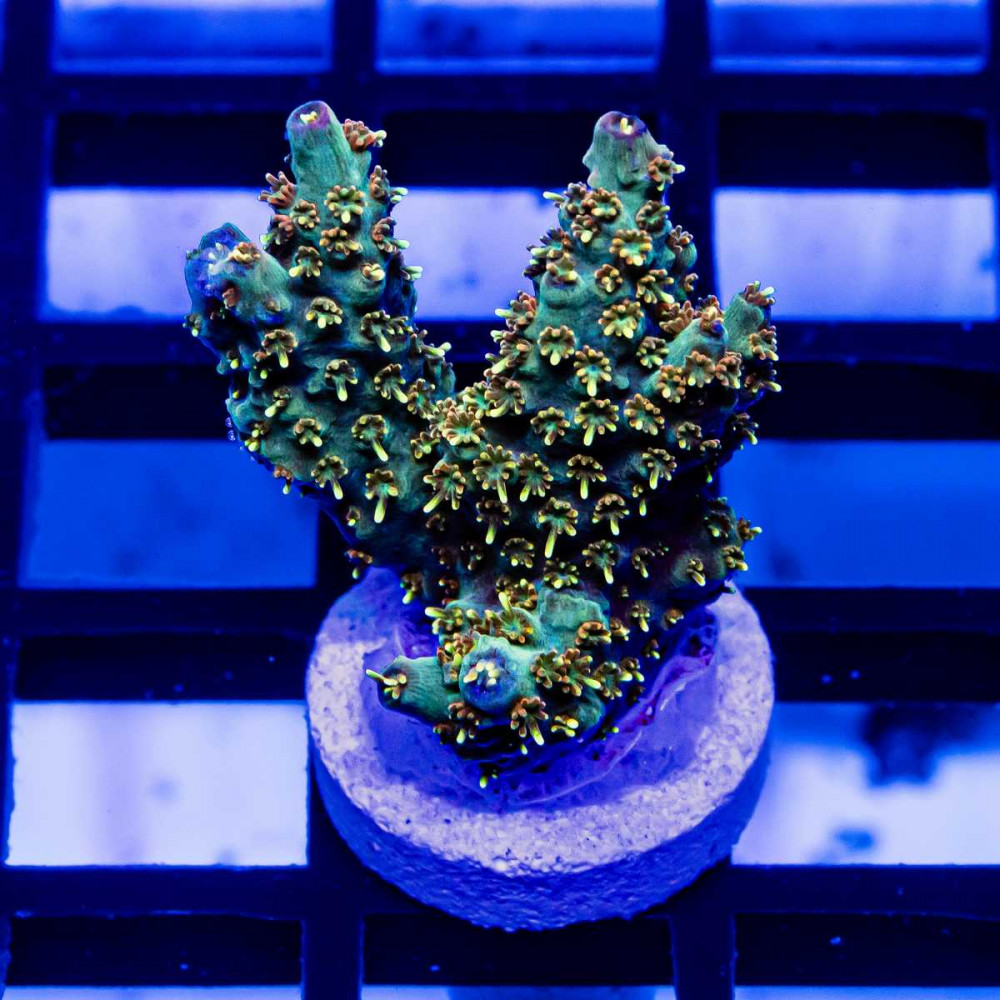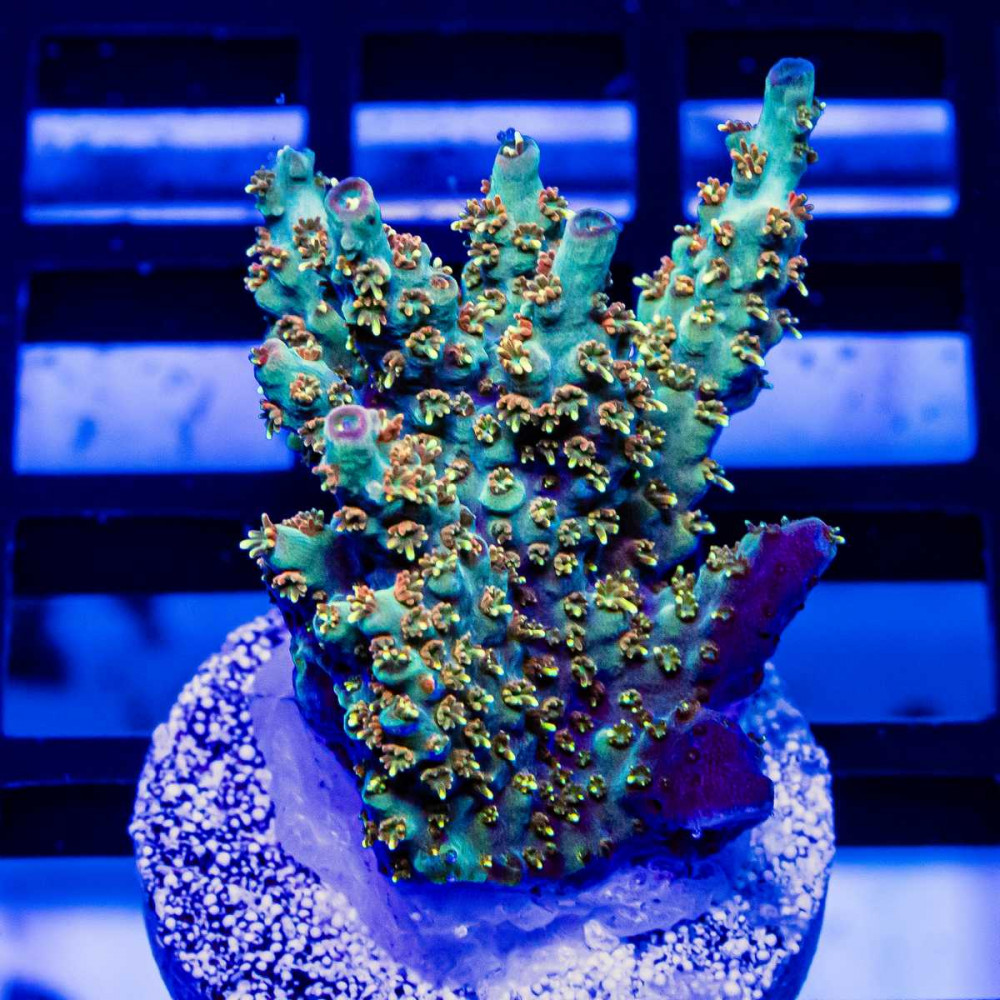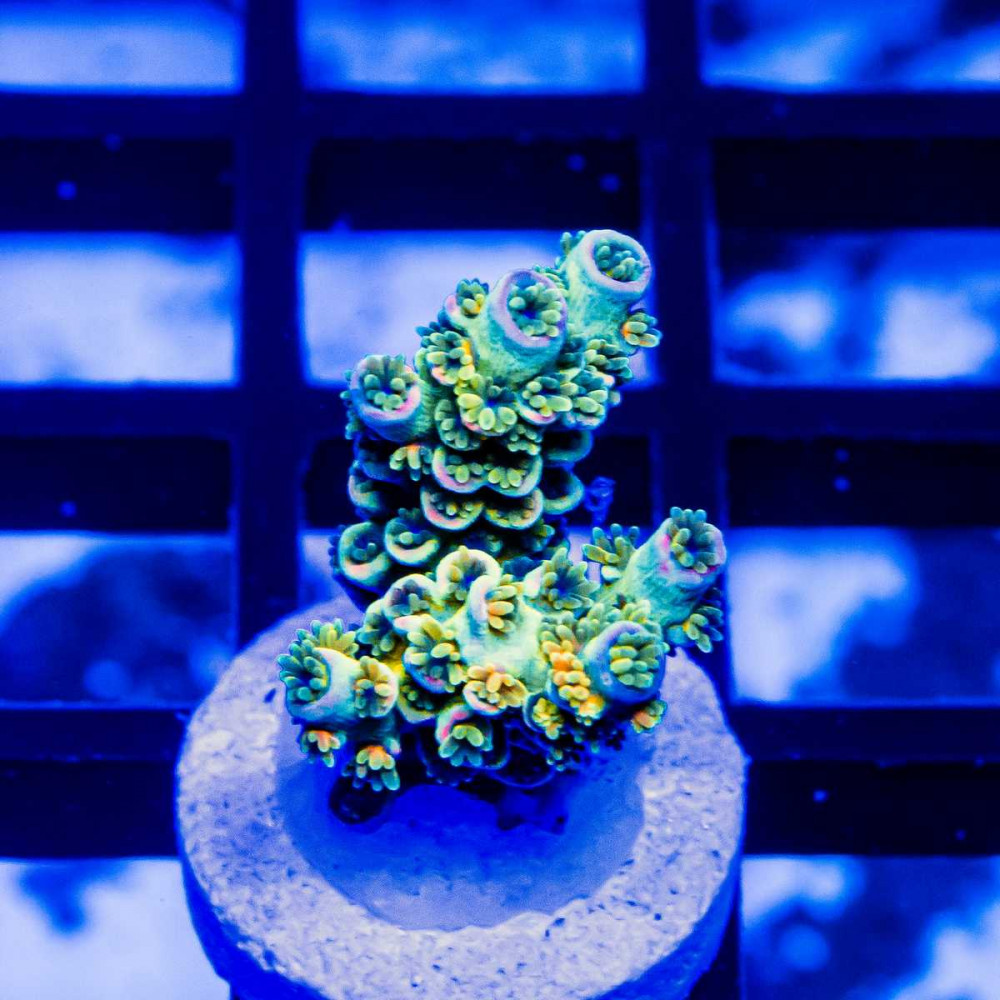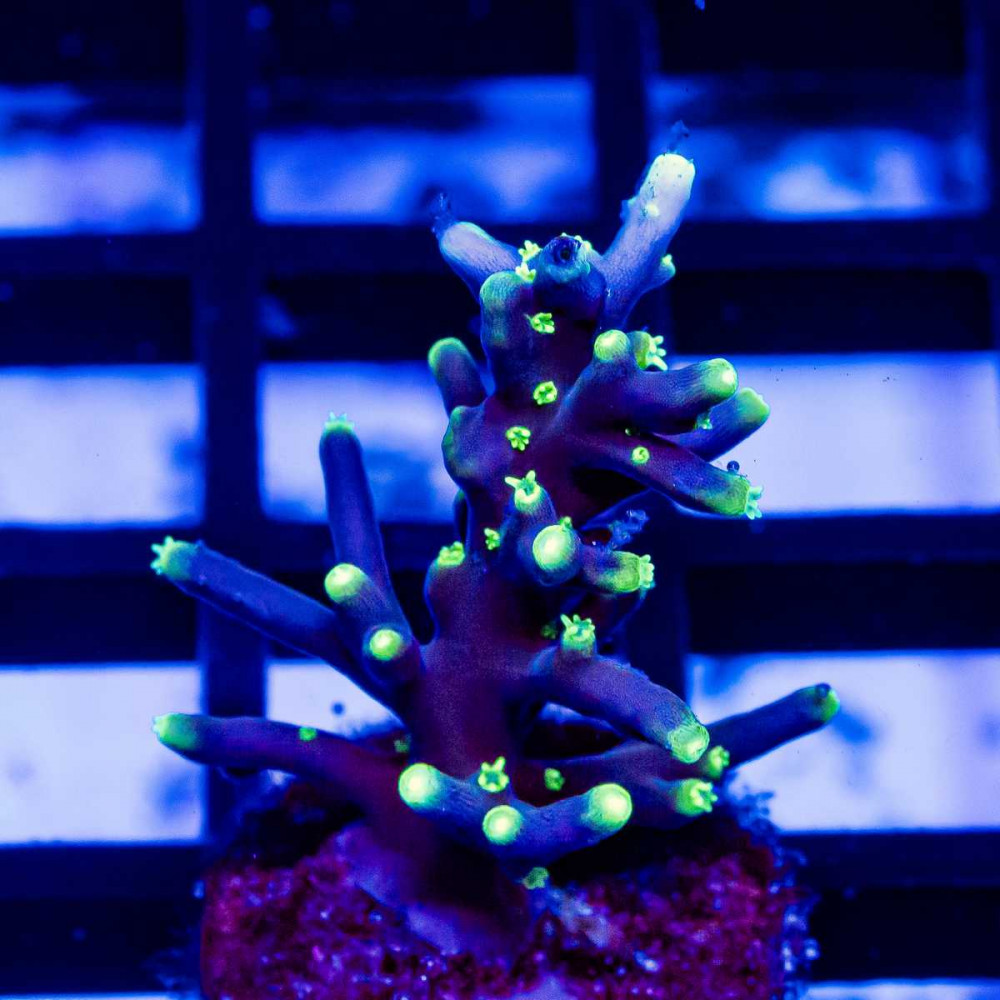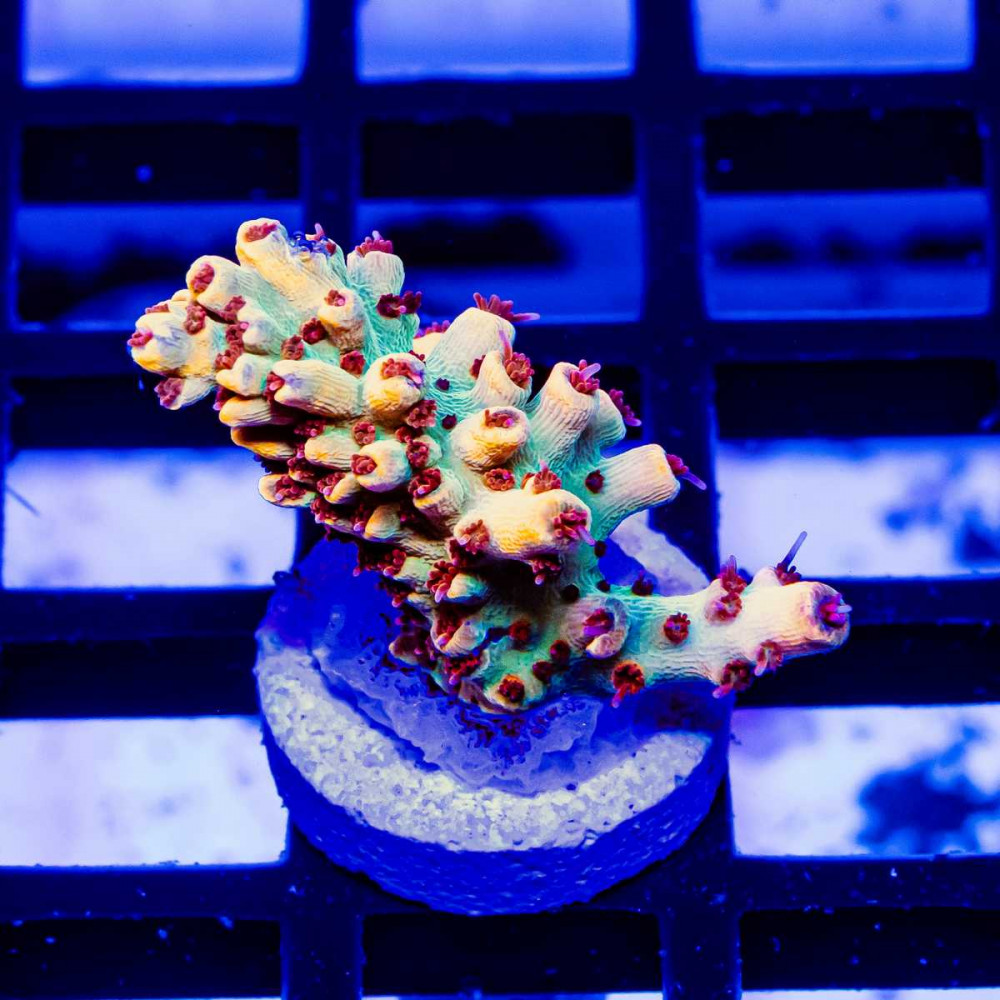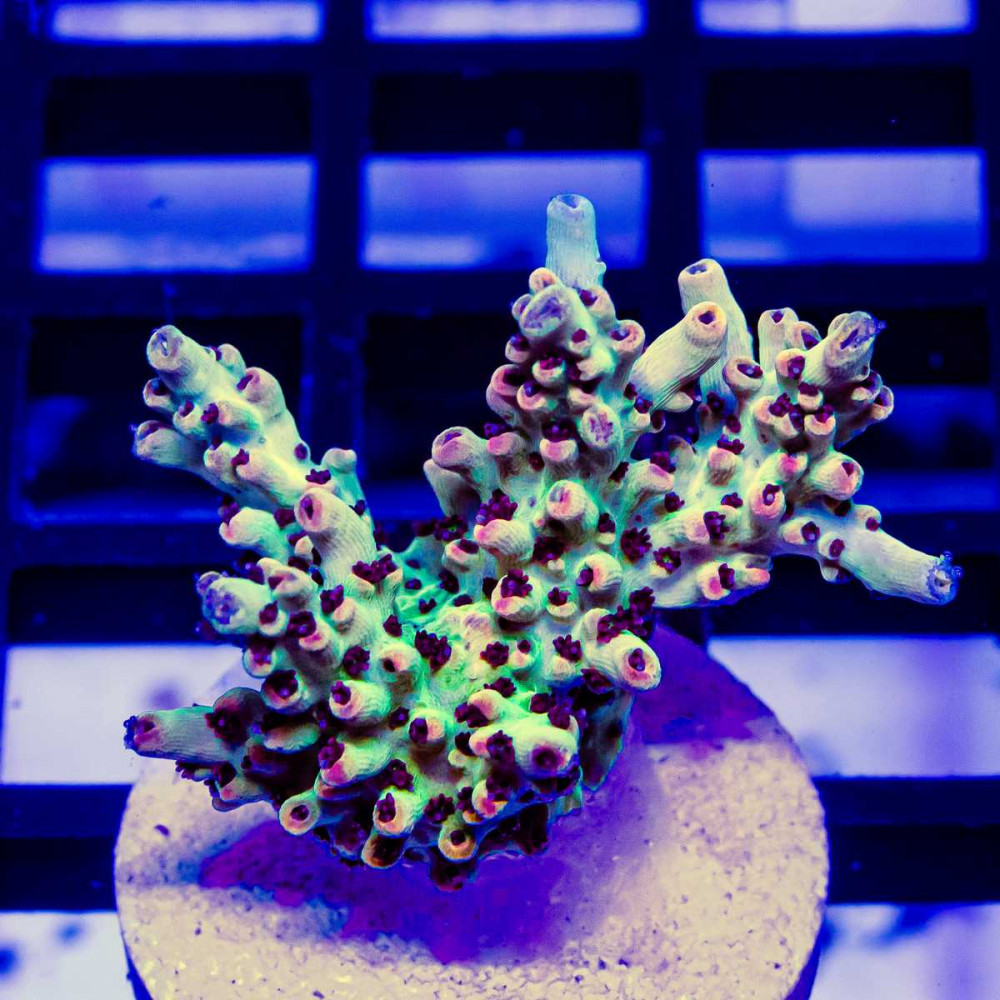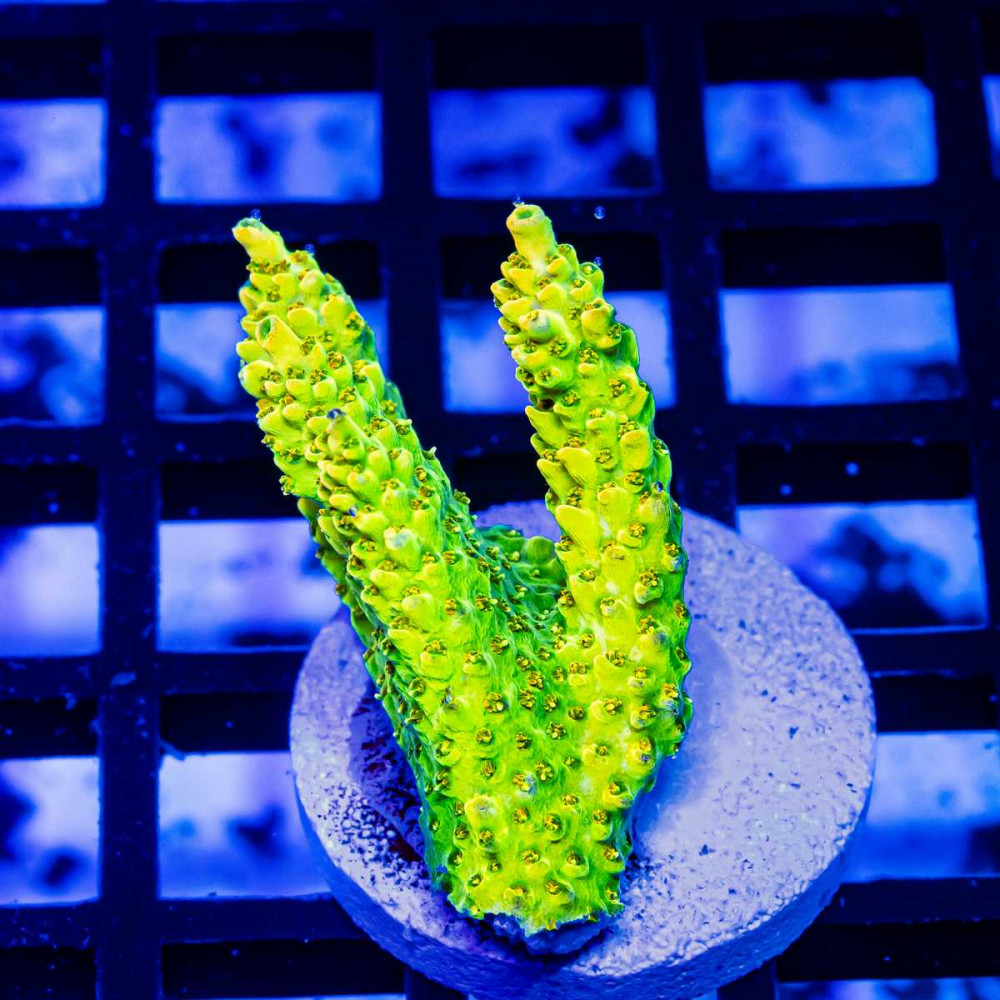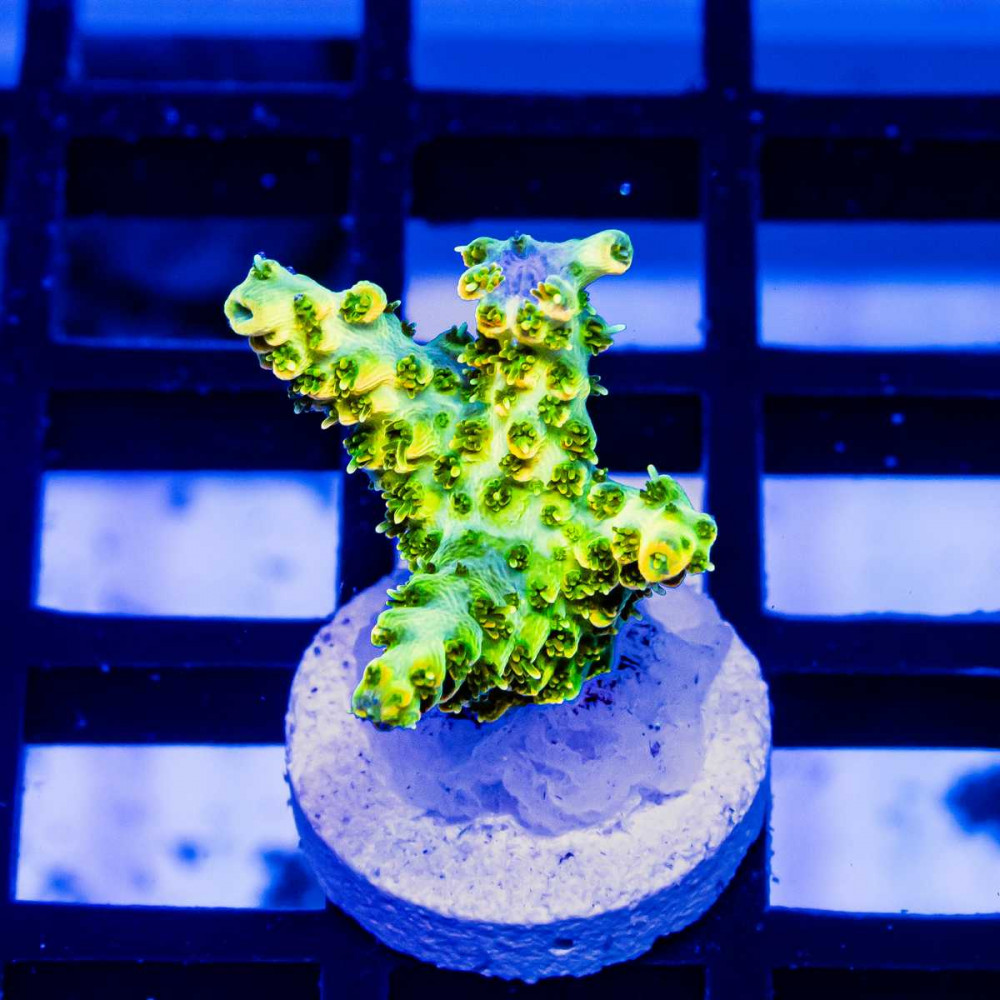Species Name : Acanthurus Olivaceus
Care Level : Moderate
Temperament : Semi-aggressive
Color : Grey, Black, Blue, Yellow
Diet : Herbivore
Reef Compatible : Yes
Water Conditions : sg 1.020-1.025, 72-78° F, dKH 8-12, pH 8.1-8.4
Max. Size : 1' 2"
Origin : Pacific Ocean
Family : Acanthuridae
Minimum Tank Size : 180 gallons
Orangeshoulder Tang (Acanthurus Olivaceus), also known as the Orange-Band Surgeonfish, the Orangespot Surgeonfish or the Orangebar Tang, is a member of the family Acanthuridae, the surgeonfishes.
As a juvenile, it is solid yellow, with just the slightest hint of blue fringing on the anal and dorsal fins. As an adult, the front half of the body turns light gray and the back half takes on a dark gray-blue color. Above the pectoral fins is an eyecatching orange stripe that is outlined by the dark gray color. The tail takes on a lyre shape.The fish can change colour from dark to pale almost instantaneously. As with any member of the surgeonfish group, the orange shoulder tang keeps a “scalpel” tucked into the base of the tail. As an adult, the orange shoulder tang can reach up to 12 inches in length.
A 180 gallon or larger aquarium is necessary to provide plenty of swimming room. Provide enough caves and areas for hiding spaces. This species will graze live sand and live rock in its endless search for algae.
Orange Shoulder Tangs are generally peaceful tank members. They can have difficulty with members of their own species unless they are added to the tank at the same time. They can live with other surgeonfish but the Orange Shoulder Tang should be added first. Keep your Orange Shoulder Tang peaceful with a large aquarium and a steady diet of quality food.
The Orange Shoulder Tang is an omnivorous saltwater aquarium fish, leaning heavily on the algae side of the menu. And as long as you keep them properly fed and choose a tank of an appropriate size (without overstocking), you shouldn’t see them bothering your corals, clams, or other invertebrates. The trouble comes in if you fail to provide enough food. Hungry orange shoulder tangs will start picking a t corals, potentially resulting in harm to the polyps.
Although Tangs will eat meaty foods along with the other fish in the aquarium, it is important that they are offered plenty of marine based seaweed and algae. This will strengthen their immune system, reduce aggression and improve their overall health.
Size:
Small : 3/4" to 1 1/2
Medium : 1 1/2" to 3 »
Large : 3 " to 5
-
No questions yet
You watched
New goods
Subscribe to news and get a 5% discount on your first order using the promo code.
You will receive the promo code by email immediately after subscribing.
You can apply the promo code after registration and authorizatio
Tags: Fishes

